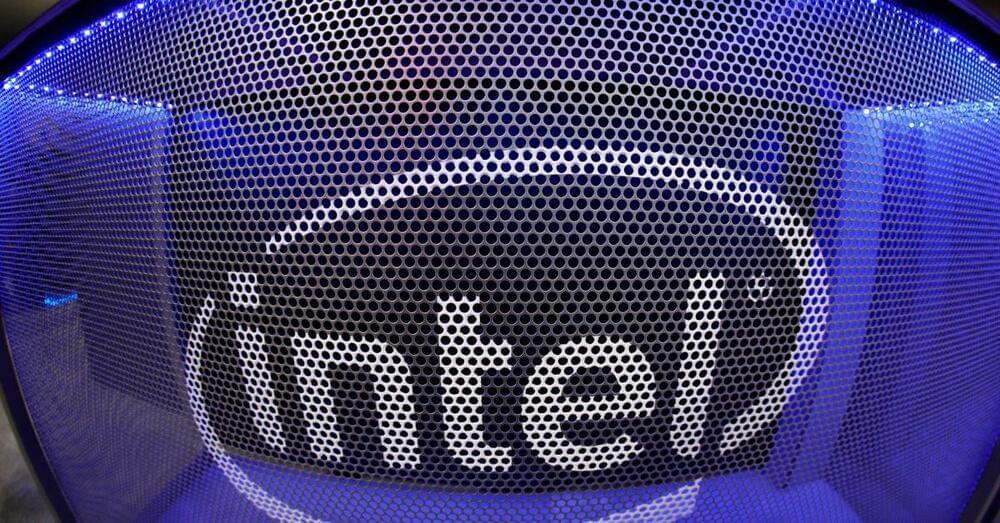Innovative Solutions For Unmet Needs Of Older Adults & Their Caregivers — Keith Camhi, Managing Director, Techstars Future of Longevity Accelerator — A Partnership With Melinda Gates Pivotal Ventures.
Keith Camhi is Managing Director, Techstars Future of Longevity Accelerator (https://www.techstars.com/accelerators/longevity), a program, run in partnership with Pivotal Ventures (https://www.pivotalventures.org/), an investment and incubation company created by Melinda French Gates, focusing on innovative solutions to address the unmet needs of older adults and their caregivers. The longevity accelerator core program themes include: Caregiver Support, Care Coordination, Aging in Place, Financial Wellness and Resilience, Preventive Health (both Physical and Cognitive), and Social Engagement.
Keith was previously the SVP of Accelerators for Techstars globally and was inspired to move to the MD role for the longevity program based on having built a venture-backed startup serving older adults himself, having experienced the gaps in America’s care giving infrastructure firsthand, and wanting to support entrepreneurs who are building solutions to address this substantial market opportunity.
Techstars is a global investment business that provides access to capital, one-on-one mentorship, a worldwide network and customized programming for early-stage entrepreneurs. It was founded in 2006 in Boulder, Colorado. As of May 2022, the company had accepted over 2,900 companies into its accelerator programs with a combined market capitalization of US$71 billion.
Prior to Techstars, Keith founded and led the rapid growth of two tech companies in the health and fitness industry – one that reached #20 on the Deloitte Fast 500, and another that made Entrepreneur’s Franchise 500 three times. He has raised over $50 million in venture funding, holds several patents for sensor and machine vision technology, has been an angel investor and LP in several venture funds, and enjoys mentoring promising startups.


 עברית (Hebrew)
עברית (Hebrew)




